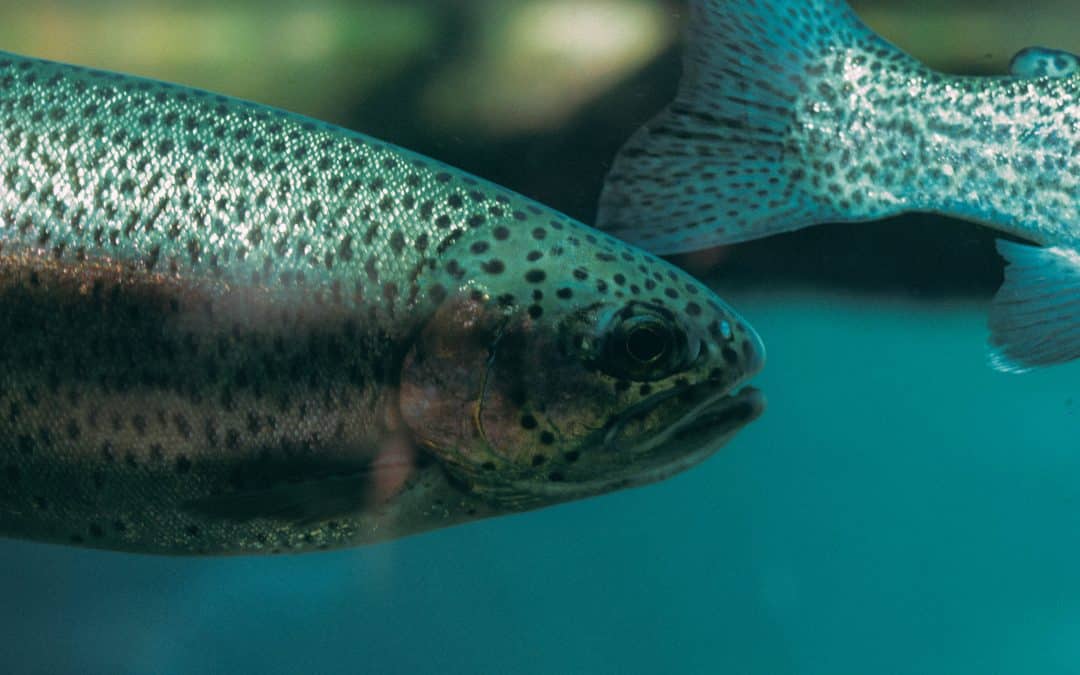On February 6th, 2018 bill C-68 proposed amendments to the Fisheries Act to restore lost protections as a result of previous changes to the Fisheries Act in 2012, while creating new protection for Canada’s marine resources. On June 21, 2019 these amendments to the Fisheries Act became law. Key changes in the Fisheries Act that will affect development applications include:
- Requirement to avoid, mitigate, or offset where there is potential for works to result in the death of fish or the harmful alteration, disruption, or destruction of all fish habitat (HADD). The previous Fisheries Act only protected fish and fish habitat related to commercial, recreation or Aboriginal fisheries.
- Requirement to consider potential effects on the rights of Indigenous peoples. Previously the Fisheries Act did not directly reference the consideration of Indigenous peoples rights and their unique knowledge.
- New permitting and codes of practice for development projects with all projects now requiring a review.
- Project information and decisions will be publicly available through an online registry.
- Provisions will now be considered for restoring degraded habitat in the scope of projects including a framework regarding habitat banks for offsetting fish and fish habitat losses from projects.
- Potential for a project authorization to be amended, suspended or cancelled. Previously there was no specific authority to make changes to authorizations once issued.
Currently, the Fisheries Act is in a transition phase, which requires both the previous and new regulations to be considered during development project applications. Fisheries and Oceans Canada will provide additional information to the public when it is available. It is expected that the legal framework and public project database will be in place in 2020.
In addition to the new project framework the amended Fisheries Act will implement provisions to protect marine biodiversity and rebuild fish stock, and clear prohibitions against importing and exporting shark fins and the captivity of cetaceans unless the animals is injured.
For more information please contact Dr. Jamie Slogan, Department Head of Biological Services at Keystone Environmental at jslogan@keystoneenvironmental.ca or call 604-430-0671.

